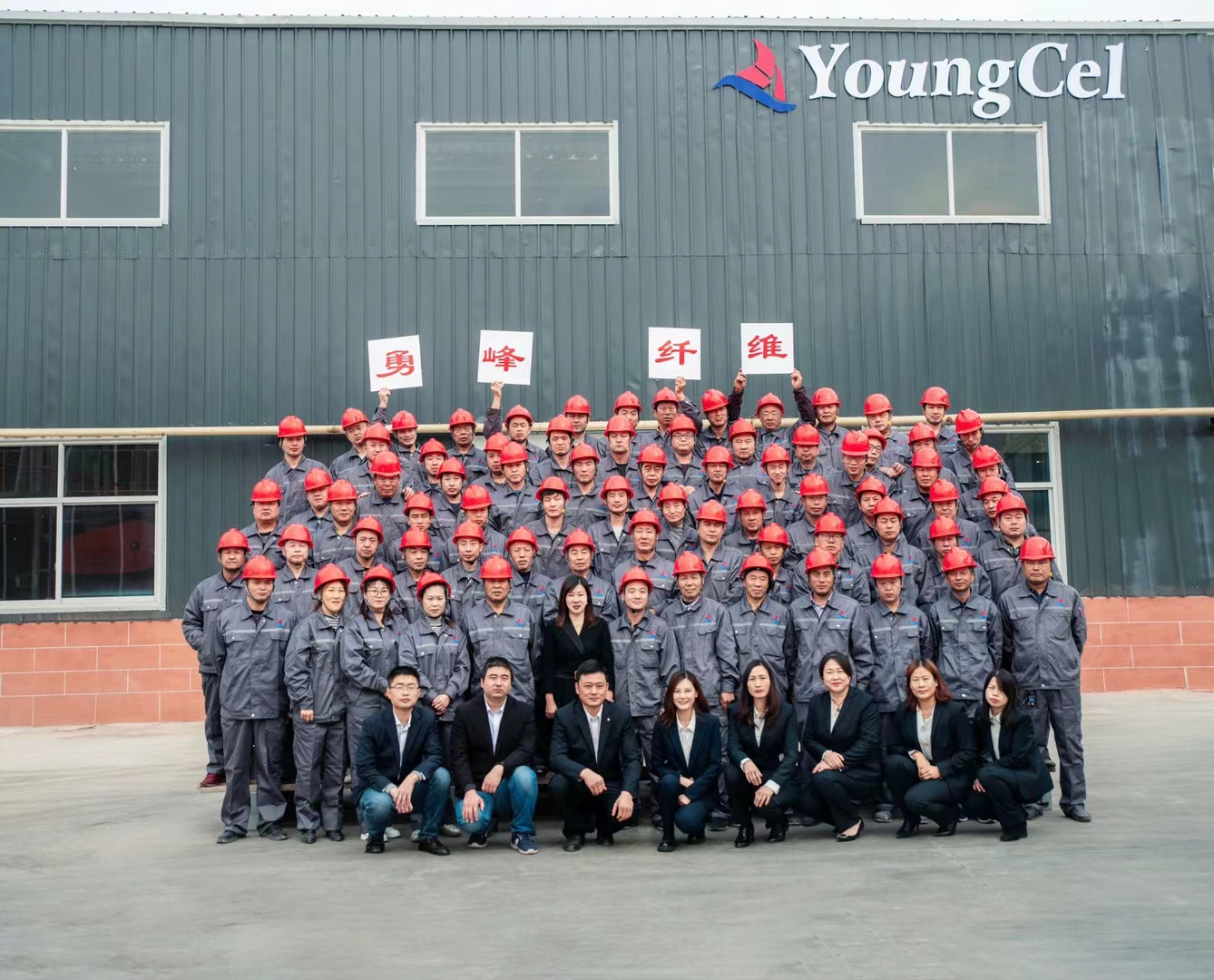The Role of Cement Thickener in Construction and Manufacturing
Cement, a fundamental building material known for its versatility and strength, is often used in various construction applications, ranging from infrastructure to residential homes. One of the critical components that enhance the performance and usability of cement is the addition of thickeners. Cement thickeners, as the name suggests, are additives that modify the consistency and properties of cement mixtures, ensuring that they meet specific project requirements. In this article, we will explore the importance of cement thickeners, their types, and their applications in the construction industry.
What is Cement Thickener?
Cement thickeners are substances added to cement mixtures to alter their viscosity and workability. They can be natural or synthetic materials, and their primary function is to increase the thickness of the cement paste, making it easier to apply and control in various applications. By adjusting the rheological properties of cement, these thickeners help prevent segregation, improve adhesion, and enhance overall performance.
Types of Cement Thickeners
1. Natural Thickeners Many traditional thickeners are derived from natural sources. Common examples include gum-based thickeners like xanthan gum and guar gum. These substances are biodegradable and environmentally friendly, making them suitable for eco-conscious projects.
2. Synthetic Thickeners Synthetic thickeners, such as polyacrylate and cellulose derivatives, are widely used due to their effectiveness and consistency. These thickeners can be engineered to provide specific performance characteristics, making them ideal for modern construction practices.
3. Mineral-Based Thickeners Some thickeners, such as bentonite clay, are mineral-based. They are known for their ability to absorb large amounts of water and swell, thus increasing the viscosity of the cement mixture. These thickeners are particularly useful in applications where water retention and stability are crucial.
Benefits of Using Cement Thickeners
1. Improved Workability By adjusting the viscosity of cement mixtures, thickeners enhance their workability. This characteristic allows for easier handling during mixing, pouring, and application, ultimately leading to more efficient processes on the construction site.
2. Enhanced Stability Cement thickeners help maintain the homogeneity of the mixture, preventing separation of components. This stability is crucial in ensuring that the final product has consistent strength and durability.
cement thickener

3. Better Adhesion With the addition of thickeners, cement mixtures can adhere more effectively to various surfaces. This improved adhesion is particularly valuable when working with complex surfaces or when applying coatings and finishes.
4. Controlled Setting Times Some thickeners can influence the setting times of cement mixtures, allowing for better control during application. This flexibility is essential in projects requiring extended working times or rapid setting.
5. Water Retention Thickeners can improve the water retention of cement mixtures, which is especially beneficial in arid environments or when applying plaster and mortar. This property helps prevent the premature drying of the mix, ensuring optimal curing conditions.
Applications of Cement Thickeners
Cement thickeners find applications across various domains in the construction industry. They are commonly used in
- Mortars and Stucco Thickeners enhance the properties of mortars and stucco, improving their consistency and workability for better application on walls and surfaces.
- Concrete Mixes When added to concrete, thickeners can optimize the mix for specific conditions, such as underwater applications or projects requiring extended working times.
- Grouts Cement thickeners are often incorporated into grout formulations to enhance flowability and adhesion, making them ideal for filling gaps and joints.
- Self-Leveling Compounds In self-leveling applications, thickeners contribute to the flow characteristics of the mixtures, ensuring an even surface finish.
Conclusion
Cement thickeners are essential components that significantly enhance the performance and applicability of cement mixtures in construction. By improving workability, stability, adhesion, and water retention, they contribute to the overall success of construction projects. As the industry continues to evolve, the development and utilization of advanced thickeners will play a crucial role in meeting the demands of modern construction practices, ensuring quality and efficiency in building processes.
-
Rdp Powder: Key Considerations for Wholesalers in the Building Materials IndustryNewsJul.08,2025
-
Key Considerations for Wholesalers: Navigating the World of Hpmc - Based ProductsNewsJul.08,2025
-
Hpmc Detergent: Key Considerations for WholesalersNewsJul.08,2025
-
Key Considerations for Wholesalers: China Hpmc For Tile Adhesive, Coating Additives, Concrete Additives, and MoreNewsJul.08,2025
-
Crucial Considerations for Wholesalers: Navigating the World of Construction MaterialsNewsJul.08,2025
-
Key Considerations for Wholesalers Sourcing Additive For Cement, Additive For Concrete, Additive For Putty from Additive Manufacturer Shijiazhuang Gaocheng District Yongfeng Cellulose Co., Ltd.NewsJul.08,2025




